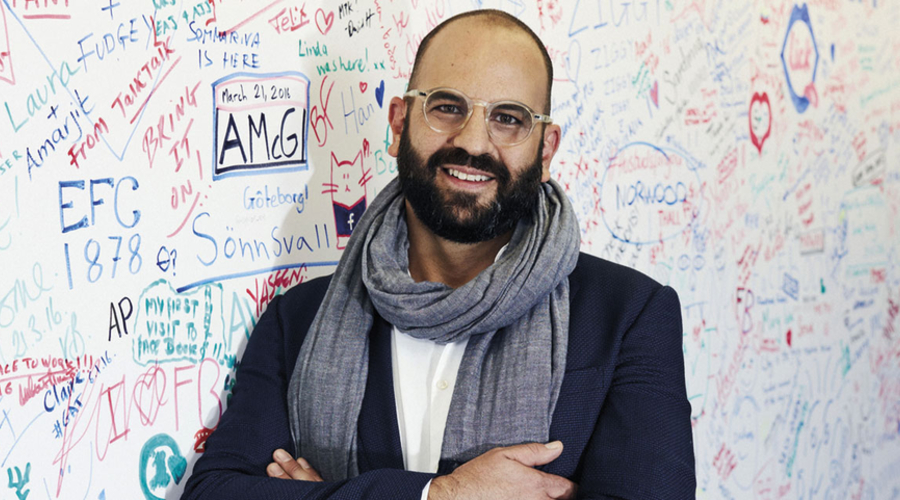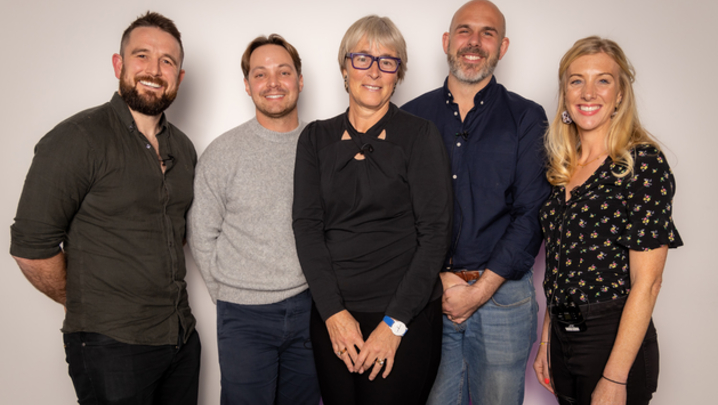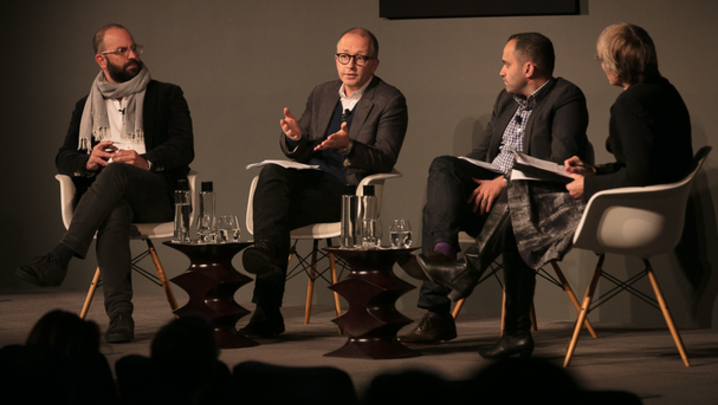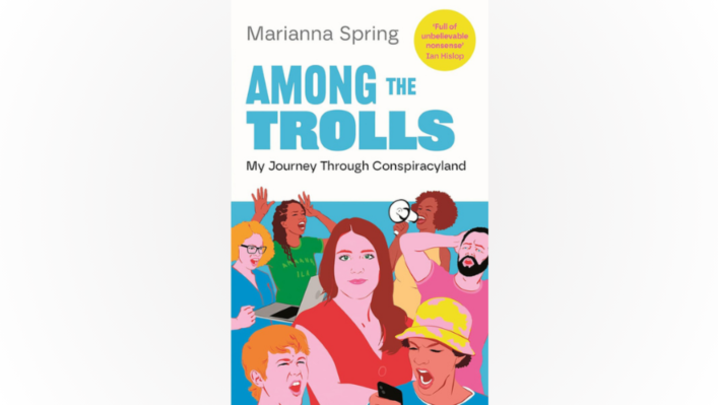Patrick Walker, the platform’s EMEA director of media partnerships, tells Steve Clarke what he’s looking for
In a short time Facebook Watch has come a long way. Rarely a week goes by without its parent, Facebook, attracting negative publicity for allegations that someone, somewhere is using the social media behemoth for nefarious purposes, with or without the possible involvement of the Russian state.
By contrast, the video-on-demand service Facebook Watch appears to be immune to such criticism. One of its first scripted shows, the 10-part Sorry for Your Loss, starring Elizabeth Olsen, won the kind of reviews that most commissioners would die for.
The series was described as a gorgeous, poignant drama about bereavement. It was one of four Watch shows to be renewed for a second season in December. The others were Kerry Washington’s drama Five Points, social influencer Huda Kattan’s reality show Huda Boss, and fairy-tale-inspired anthology series Sacred Lies.
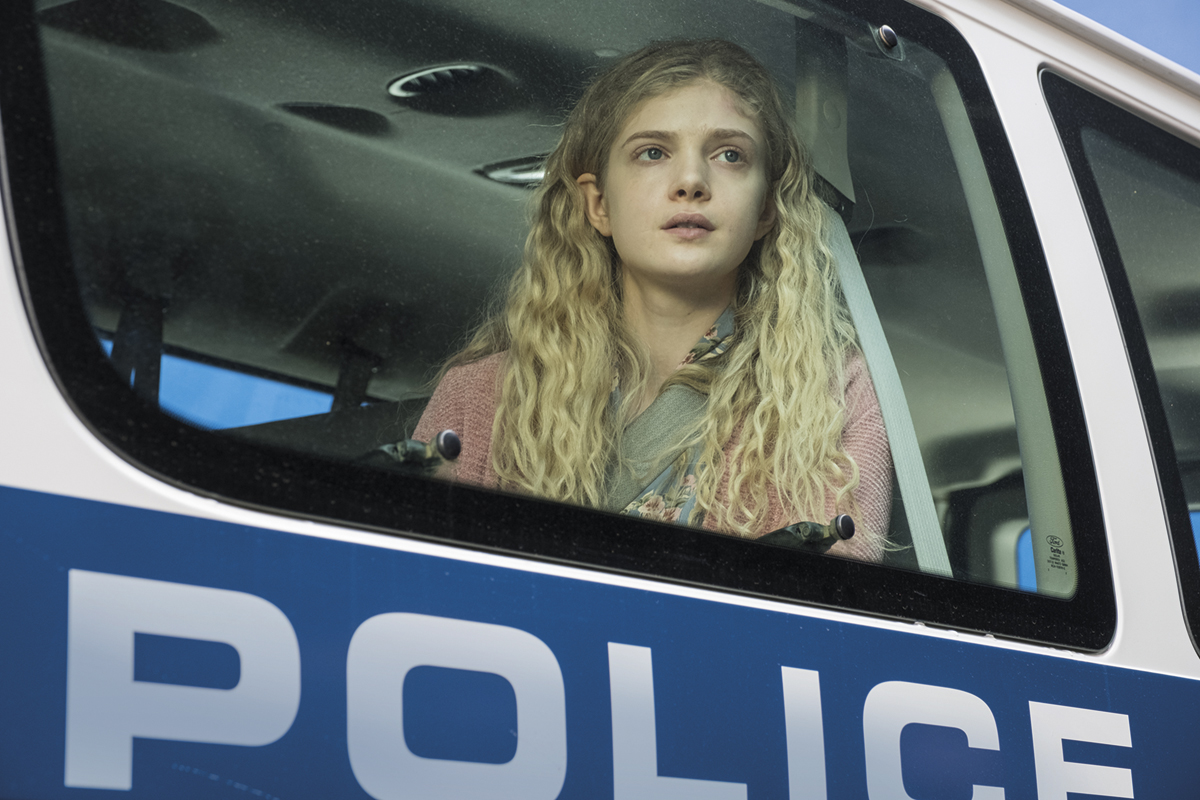
Facebook Watch made its debut in the US in August 2017. The service rolled out worldwide just over a year later. Spearheading the European arm of the outfit is Patrick Walker, a 51-year-old, highly experienced media practitioner, whose past includes periods working for Google and the BBC.
At Google, he led the team that launched YouTube in Europe. Years earlier, he had worked as a BBC News producer based in South-east Asia. There, his colleagues included such distinguished reporters as Kate Adie, John Simpson and Matt Frei.
“The news experience became very helpful when I joined Facebook in 2016. All the questions around our place in democracy and false news became a very important part of my role, working with the industry to help it understand our perspective,” he says. “I am not a digital native but I have worked in the digital industry since it began.”
Walker is an American by birth; two years ago, he finally became a British national but continues to hold a US passport. He speaks as fast as Jay Hunt and almost pauses before smiling to add: “I’m the digital godfather.”
His first media job was with Japanese public service broadcaster NHK. Japanese culture has always fascinated him. He was the company’s first nonJapanese full-time employee. Walker lived in the company’s dormitories, taking communal baths with his Japanese colleagues. He made documentaries and children’s shows, subsequently launching NHK’s first HD channel.
Today, from one of Facebook’s two London offices, Walker runs a global team of more than 30 people. “We work with broadcasters, production companies, digital publishers, public figures, creators, influencers, artists and celebrities,” he explains.
But, to be clear, Walker isn’t the person to contact if you’re a producer pitching a high-end scripted show. That side of the business is run from the US. Indeed, in terms of traditional commissions across all programme genres, the opportunities appear to be limited.
What is essential is that anyone considering a pitch must ensure that the idea fulfils Facebook’s social mission. Walker has zero interest in shows that are watched “passively”. Watch Parties, a collective experience around a theme, and Watch Premieres have been introduced to encourage social engagement.

“It’s the experience of watching the content that differentiates Watch from other platforms,” Walker emphasises. “Even if it is the same content, the experience can be different. Sorry for Your Loss was commissioned because we knew bereavement was an important topic.
“The series sparked discussion. Even when we ran the first trailer, Facebook lit up: people said that they were so pleased to share their thoughts on the issue. We’re looking for meaningful social interaction around programming. If we’re not achieving that, then we’re not achieving our mission, which is to help people build community and bring people closer together.
“That is something we think about every day in our programming conversations and the dialogues we’re having around people joining the platform.”
He continues: “I like to think of it in terms of a campfire storytelling experience, where you are present with others, present with the storyteller and your reactions can affect the nature of the dialogue around the storytelling.
“It can be geographically distributed but it can still be intimate digitally. You can even tell your own story. That is the ambition of a co-watching video social experience.”
"Facebook Originals need to leverage Facebook groups and ignite live chat"
A good recent example is Confetti, a daily, live, interactive game show produced by Fremantle in the UK and launched in late November; different versions of the show are available in the US, where it made its debut, and in Thailand and Mexico.
“Facebook Originals need to leverage Facebook groups and ignite live chat and all the things that are specific to the platform,” he says. “The thing to keep in mind is that Watch is essentially an open platform for video. Within it, there is a combination of programming.
“Only a minority are original shows. A large part is from partners uploading videos from their archives. Things such as Endemol’s Mr Bean and Fremantle’s Got Talent and original shows from the likes of the Lad Bible Group.”
Mr Bean was first broadcast on ITV in 1990. Over the years, the show was repeated on linear-TV, subsequently becoming available on DVD and catch-up. Extraordinarily, it’s a Facebook Watch sensation. The Mr Bean page on Facebook has 82 million followers, says Walker.
In August, Facebook introduced an ad-revenue-sharing model that splits revenue 55/45 in favour of the content companies, provided that the videos are at least three minutes long, have generated more than 30,000 one-minute views in the past two months, have a minimum of 10,000 followers and meet Facebook’s eligibility criteria.
Says Walker: “Since we launched ad breaks in all these markets, the conversations we’re having with content owners are, ‘What catalogue of programming do you have? What shows do you have in your libraries or that you’re producing currently that might already have an inherent social following?’ It could be zombies, beauty, comedy or whatever. How might we work together to bring those clips back to life in a social environment?”
Facebook says that more than 75 million people visit Watch each day; on average, they spend more than 20 minutes on the service.
“We’re even seeing examples of people consuming full-length episodes,” says Walker. So, it seems that short-attention-span teens and millennials are prepared to be less fidgety with their Facebook feeds.
But there is evidence that young people are less likely to be Facebook users than they once were. Research by Pew, published in May in the US, suggests that YouTube, Instagram and Snapchat are all more popular among teens than Facebook. Arguably, this makes Facebook Watch increasingly important to the platform, as it seeks to retain users via sticky content.
“The numbers we do see can vary,” says Walker. “Also, we’re talking about relative numbers. We have about 2 billion people who use Facebook regularly. Within that, there is a large proportion of people who are older. If you look at individual shows, such as Huda Boss, the highest engaged demographics are women aged 18-24.
“If you look at a show such as Skam Austin, a scripted reality-type show that originated in Norway, the highest engagement and the longest view times are coming from women under the age of 25.
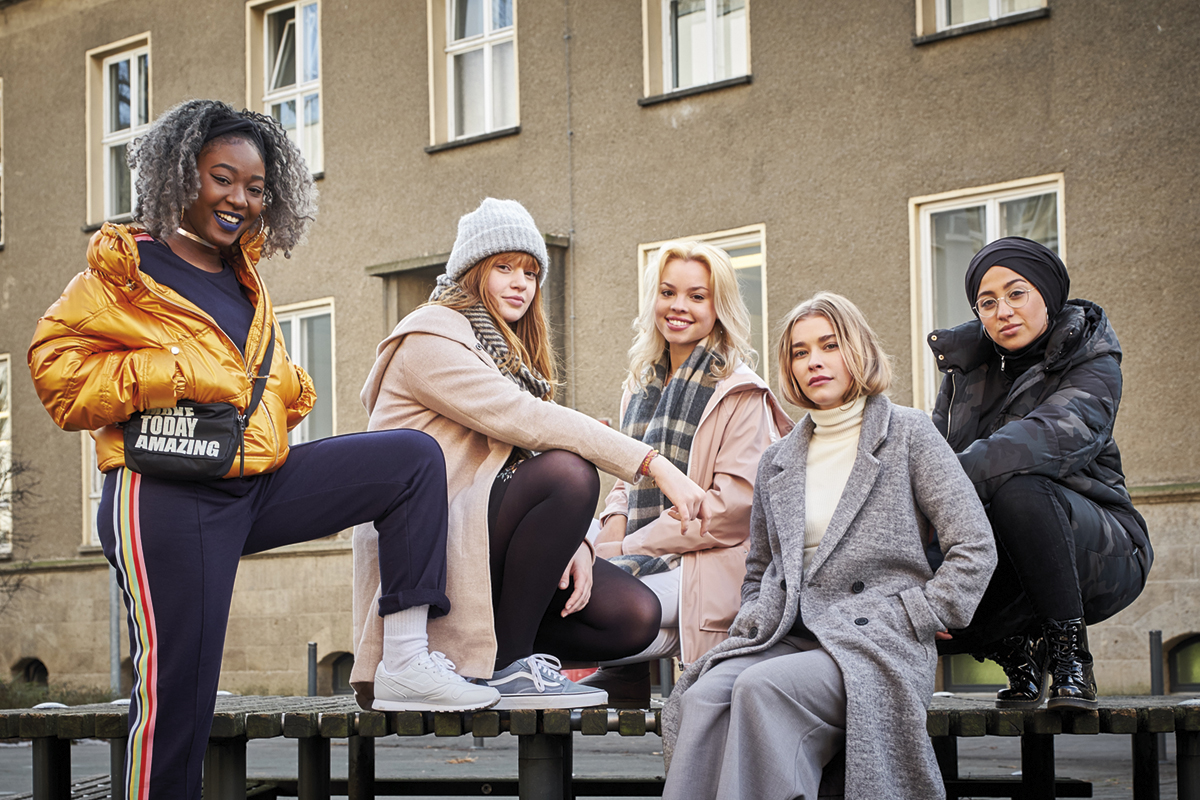
“Ditto Ball in the Family [a reality show], where 72% of people who watch that show are under 34. The numbers tell a different story for different shows.
“We’re quite happy with the growth of audiences in general on Watch. They include a lot of young people.”
As for the criticism that Facebook has faced since the Cambridge Analytica data-breech scandal, Walker sounds philosophical.
“I’m no spring chicken when it comes to working for companies that get a lot of scrutiny. Remember, I used to work for the BBC and Google,” he says. “It’s the tall trees that catch the wind. No way, however, is it an excuse not to take those criticisms seriously or not to adjust our policies so that we take responsibility and rid ourselves and the community of these concerns legitimately.”
When he joined Facebook there were 2,000 or so people working on the content operations side, keeping people safe. That figure is now in excess of 30,000, and it provides the context to his attitude to the regulators trying to come to terms with platforms such as Facebook.
“It’s an ongoing dialogue, an ongoing engagement globally, that we’re involved in,” he says. “There may be areas where we need to improve our internal systems. We’re open to a dialogue where people think we should take more responsibility.”
Working for Zuckerberg
Patrick Walker: ‘The question people always ask me is, “Have you met Mark Zuckerberg?” We travelled together to Nigeria to do some projects with the content community.
‘Every week, he does a Q&A with the entire company. He’s done it for a decade, and Sheryl [COO Sheryl Sandberg] participates.
‘That’s one of the reasons that a lot of the people working with us remain highly motivated, because we see how deeply concerned and committed our leaders are by being physically present and taking open, and often very raw, questions.
‘It gives us confidence that they aren’t sitting in some glass box, not listening to the big topics.
‘He is approachable, accessible, every week taking open questions from any of his employees, as well as participating in workplace chat dialogue around certain key topics, personally commenting and being open to responses and feedback. I’ve not seen that in any other company, of any size.’
Where he gets his news from
Patrick Walker: ‘The way I consume my news is like a diversified investment portfolio. I look across a diversity of sources, from the New York Times to the Guardian to CNN, and I consume them in bits.
‘For diversity [of opinion], I also consume sources such as Fox News and others. There’s a mosaic of news that comes from these different sources that I like to draw my own opinion from.
‘One of the interesting things about primarily consuming news through social is that you can have the diversity that is particularly important in today’s world, where there’s a lot more polarisation than we may like.
‘The BBC is one that I have a heavy amount of trust for. But, again, even if the news organisations themselves are trustworthy, for me, personally, having a diversity of sources allows me to draw conclusions that might take in different points of view.
‘I have a very strong and personal commitment to the importance of public service broadcasters, in whichever country, and the role that they play. I think every country has a good selection of very solid news sources.
‘The internet allows people to have access to a range of news sources that isn’t dictated by one particular point of view.’
What he’s watching
Patrick Walker: ‘Black Mirror’s Bandersnatch, where you choose your own adventure. My wife and I binged on Tidying up with Marie Kondo on Netflix.
‘On Facebook Watch, Sorry for Your Loss and Returning the Favor, presented by Mike Rowe. He’s ex-Discovery.
‘Also, I like a lot of the creators on our platform, such as Jay Shetty. There’s been a big shift from influencers on platforms such as Facebook and Instagram: they’re starting to use their influence for things that are quite meaningful socially, such as the environment, social welfare, diversity and inclusion.
‘They used to be seen as vapid but now they’re taking on big topics head on.’

